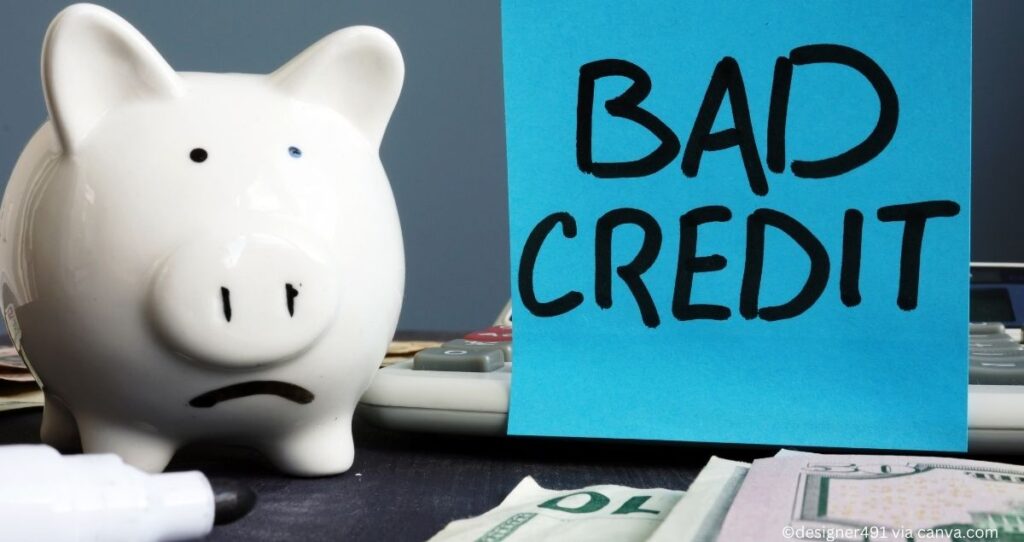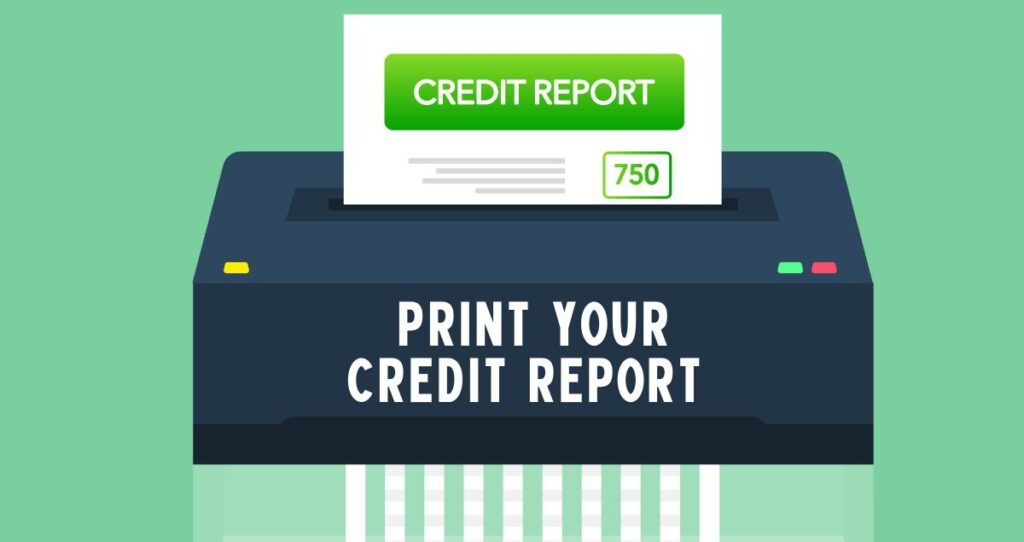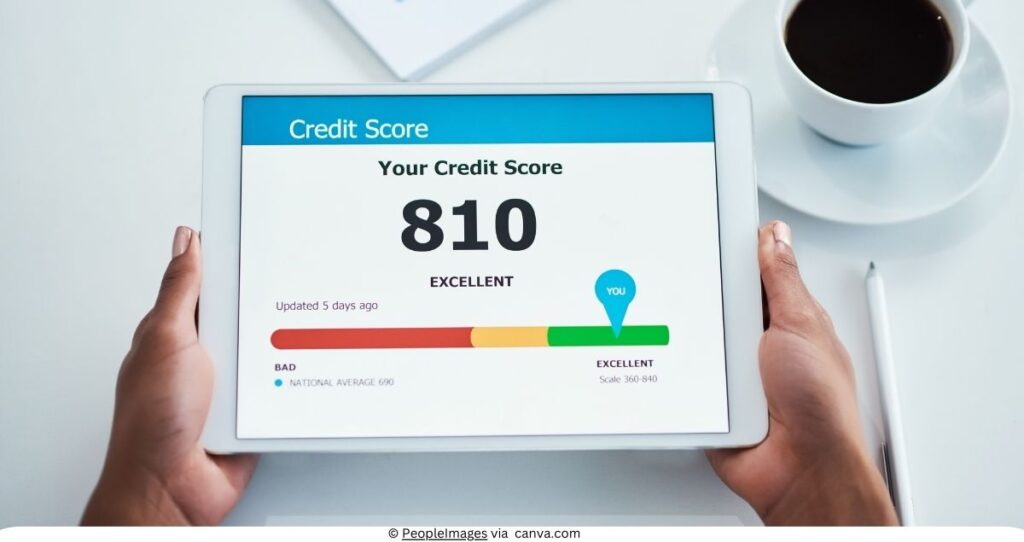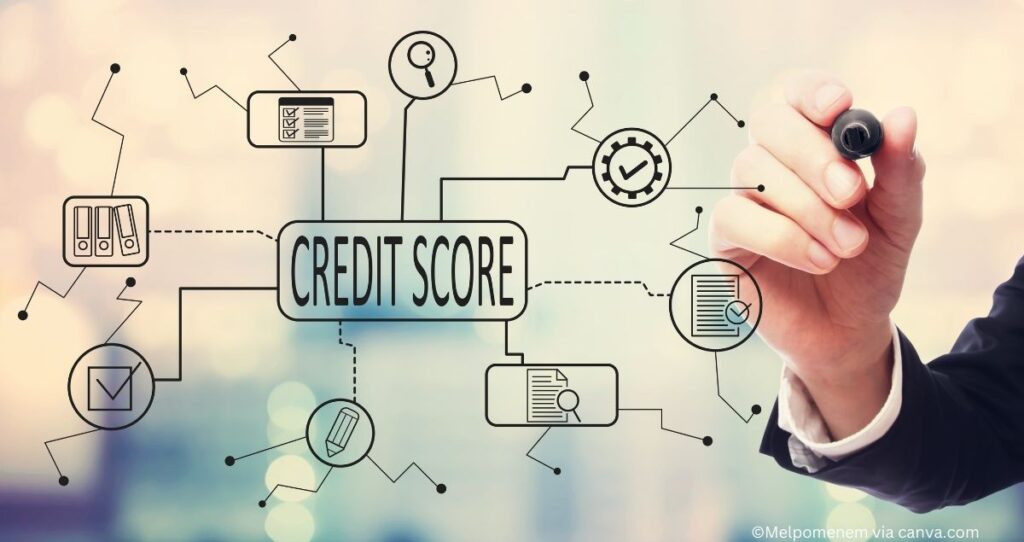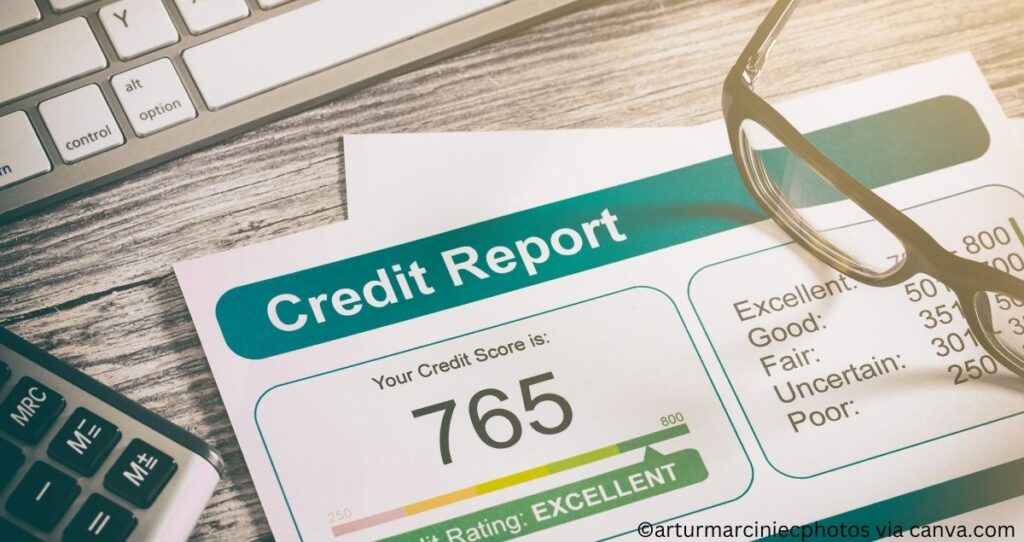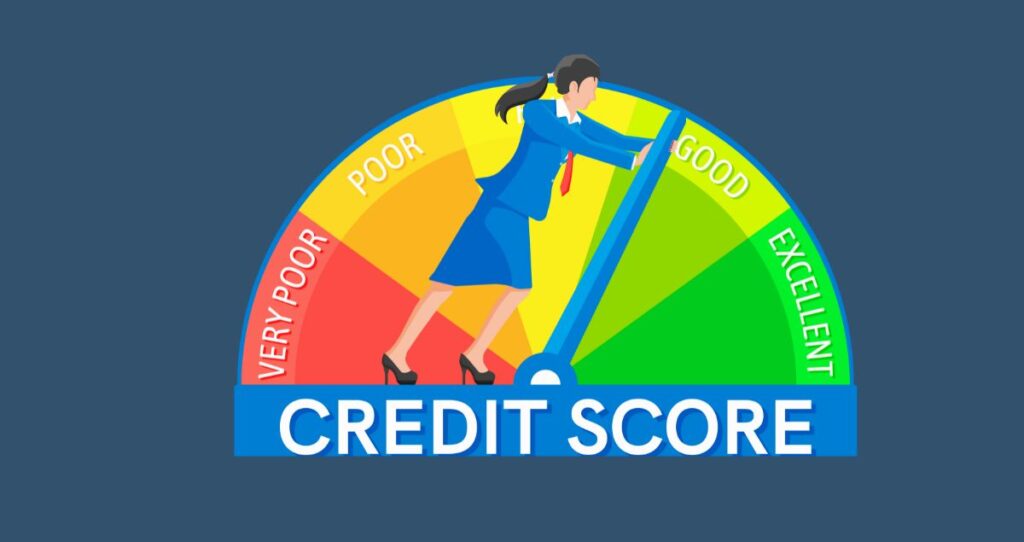A credit score is a number that ranges from 300 to 850, and lenders use it to assess how likely you are to fulfill your debt obligations. The closer your score gets to 850, the better. Consumers with higher credit scores qualify for lower interest rates with favorable terms. Typically, a credit score in the 700s is good enough to help you qualify for loans and credit cards at reasonable rates.
The two most popular credit scoring models included the FICO score and the VantageScore.
- The Fair Isaac Corporation uses the FICO score model to calculate your FICO score.
- Credit reporting agencies(Equifax, TransUnion, and Experian) use the VantageScore model to calculate your VantageScore.
While these two types of credit scores are popular among consumers, about 90% of lenders use FICO scores when approving consumers’ loan applications.
Each credit scoring model uses information from your credit reports collected from your creditors to calculate your credit score. The main factors affecting credit score include payment history, credit utilization, age of your credit history, credit mix, new account activities, and your total debt balance.
Here is everything you need to know about credit score and tips to raise your score fast.
How is my score calculated?
Credit scores are calculated using information from your credit reports. Each of your lenders usually submits your account activities to credit reporting agencies, which in turn make your credit reports. Some information from your credit reports, such as payment activities, the age of your credits, types of accounts in your credit reports, etc, is fed into a credit scoring model to calculate your credit score.
Credit scores are updated at least monthly as new information is submitted to credit reporting agencies.
There are three leading credit reporting consumer reporting agencies in the U.S.A.
- Equifax
- TransUnion
- Experian
You can check your credit score for free online, either through your credit card companies or using free online third-party companies such as Credit Karma. Bear in mind that Credit Karma only shows you the VantageScore. Some credit card issuers, such as Discover, give you free access to your FICO score. You can also check your FICO score for free directly from myFICO.com.
Learn more: Credit report overview
What are the factors affecting your FICO score?
Six main factors affect your FICO score calculations. These factors are weighted differently based on how important they are to lenders. For example, your payment history contributes 35% to your FICO score compared to your credit mix, which contributes only 10%.
Here is a list of all factors affecting your FICO score.
- Payment history. Paying your bills on time helps boost your score fast, accounting for 35% of your FICO score.
- Credit card use, or credit utilization, represents a percentage of available credit you have spent and accounts for 30% of your FICO score.
- Credit mix. This factor represents the type of accounts on your credit reports. A good credit mix should include installment loans and revolving credit accounts. Credit mix accounts for 10% of your FICO score.
- Credit age. The length of credit history refers to how long you have been using credit, and it accounts for 15% of your FICO score.
- Hard inquiries. When you apply for loans, hard inquiries appear on your credit reports, accounting for 10% of your FICO score.
Read more: 6 factors that affect your credit score
How to raise your credit score fast?
Raising your credit score is easier than you might think. With the right strategies and excellent credit activities, you can easily boost your credit score quickly.
Here are practical tips to raise your credit score fast, even starting from scratch.
- Make all your payments on time. Paying your bills on time can boost your score fast, as it accounts for 35% of your FICO score. Also, one missed payment can easily knock off more than 100 points from your score.
- Do not use too much of your credit limit. As a rule of thumb, you should never carry more than 5% in credit utilization if you want to get an 800 credit score. This is because credit utilization accounts for 30% of your FICO score, and using too much of your credit limit might show a sign of financial stress or irresponsibility.
- Find a way to get out of debt. If you have too much debt, pay it off fast to improve your DTI ratio. Too much debt increases the risk of default, lowering your credit score. Lenders prefer borrowers with a DTI ratio under 28%.
- Avoid applying for many credit cards at once. Whenever you apply for a credit card or loan, you end up with a hard inquiry on your credit report. Experian says each inquiry drops your credit score by 5 to 10 points on average. In addition, a hard inquiry will stay on your report for two years. For this reason, do not submit too many loan applications and only apply for loans you qualify for to minimize the number of hard inquiries on your credit reports.
- Clean up your credit reports. Cleaning up your credit reports can boost your score by more than 50 points, depending on what is removed.
- Become an authorized user of an excellent credit card. If you know someone with an excellent credit score, ask them to add you to their credit card account as an authorized user. This strategy alone can raise your credit score as fast as 30 days because you directly benefit from that account’s activities.
- Get a credit builder loan or credit card. If you have bad credit or are new to credit and cannot qualify for any loans, get a credit builder loan to build credit.
- Take advantage of the Experion BOOST program. You can instantly raise your credit score by 10+ points for free by submitting your rent, utilities, and cable payments.
Why is a credit score important?
Your score will be used when evaluating your creditworthiness. This is one of the fastest and easiest ways lenders can determine if you are a responsible borrower. A good credit score shows that you can be trusted with money, allowing you to qualify for loans at lower rates and favorable terms. You can also qualify for better business services such as jobs, get approved for an apartment, or even get discounts on some subscriptions, such as utilities.
Simply put, a credit score is used to qualify for loans and the interest rate you pay. Borrowers with bad credit scores usually get approved for loans as they pose a higher risk of default. Those who get approved for loans with bad credit pay higher interest rates.
